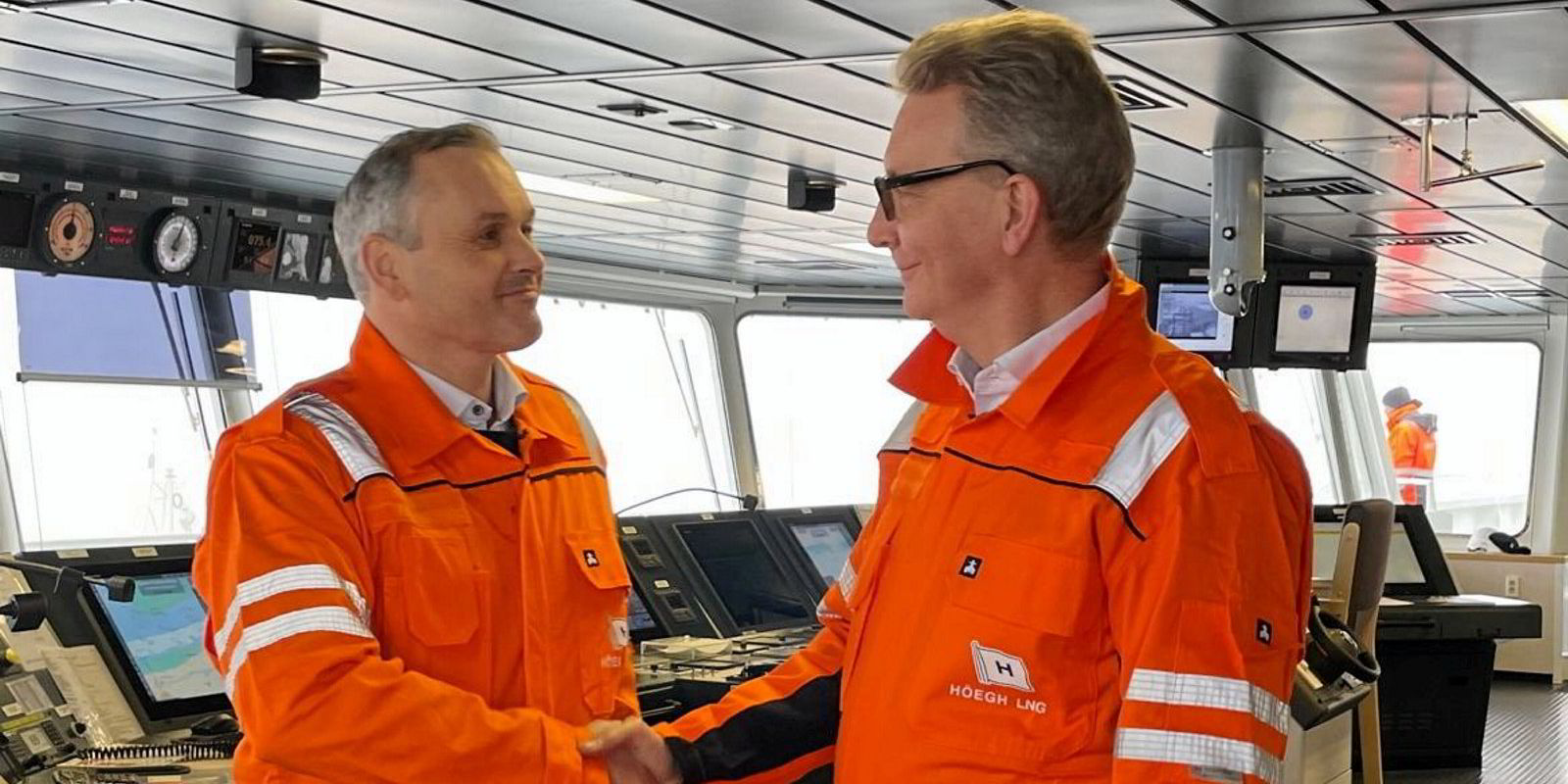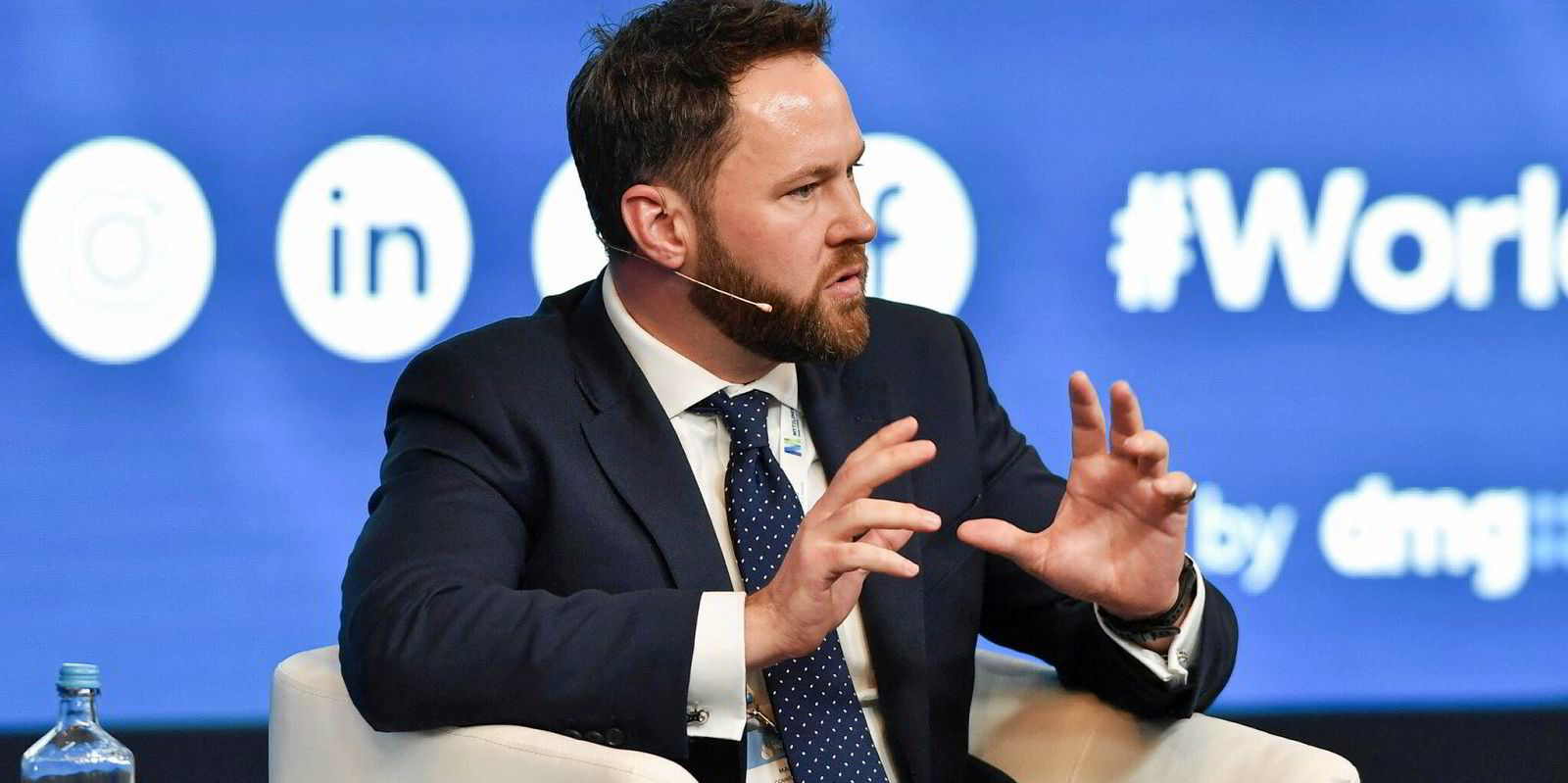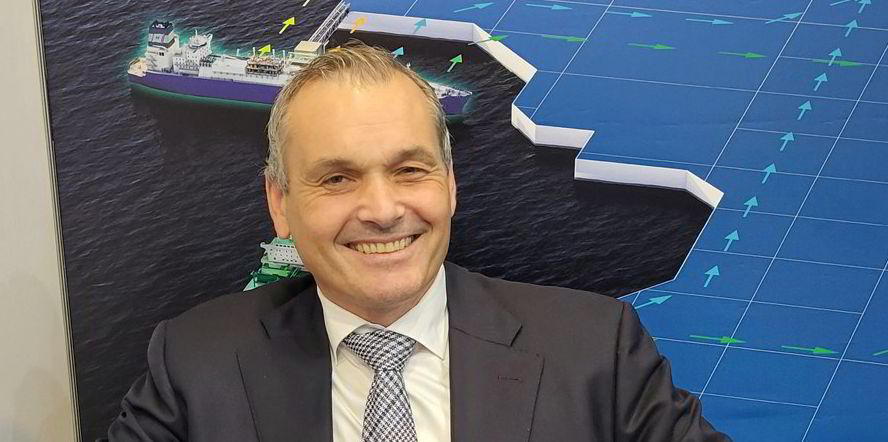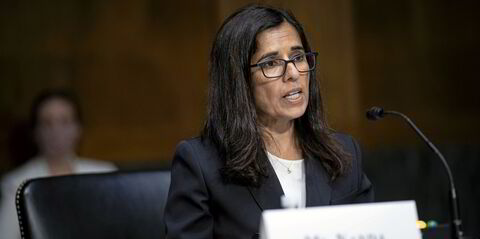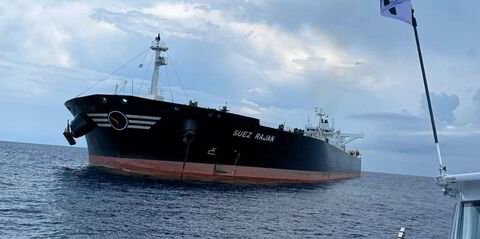Norway’s Hoegh LNG has teamed up with energy storage and infrastructure company VTTI to develop a new floating storage and regasification unit-based terminal for the Netherlands to act as a base for LNG imports and hydrogen at a later date.
The Zeeland Energy Terminal would be based in the Vlissingen port areas in the Province of Zeeland in the south of the country.
The FSRU planned for the port would have an annual throughput capacity of up to 7.5bn cbm, which VTTI said corresponds to around 25% of the average gas consumption in the Netherlands during 2022.
VTTI said that in time it plans to transition from LNG imports to hydrogen. The company said Hoegh LNG’s FSRU is a “transitional infrastructure solution” as it can be adapted to import increasing volumes of clean energy over time while continuing to supply necessary volumes of natural gas.
The facility will be connected to the Dutch and European gas pipeline network and, sequentially, the hydrogen backbone.
It is expected to be in operation in the second half of 2027.
Hoegh LNG chief executive Erik Nyheim inked the 50:50 joint-venture partnership agreement for the import facility, which includes an adapted FSRU offering an integrated infrastructure solution, with his counterpart at VTTI Guy Moeyens.
The pair have agreed to explore the options to develop and operate the new facility.
VTTI said the project will be developed under a ‘Rijkscoordinatieregeling’ — a decision-making process coordinated by the Dutch government for energy projects of national importance.
The public participation phase — part of the first stage in this procedure — is scheduled to begin in the first quarter of 2024 and an open season will kick off during the first half of next year, to gauge market interest in the terminal’s planned regasification capacity.
Limited environmental impact
“Utilising floating infrastructure in the form of an FSRU allows for sustainable delivery of natural gas, with limited environmental impact and a short construction timeline,” VTTI said.
The company described the planned terminal as the “critical energy infrastructure that we need for the energy transition”.
“The terminal will improve the affordability and security of the Netherlands’ energy supply, while also having the option to transition to energy carriers such as hydrogen and ammonia when timing is right,” Moeyens said at the signing.
